How to Relieve Pain After Massage?
Many people turn to massage therapy once they feel muscle pains and soreness to correct the issue. However, you may not know with why it sometimes hurts after getting a massage.
You probably thought that a massage would solve your issue and make your feel better but that’s not the case.
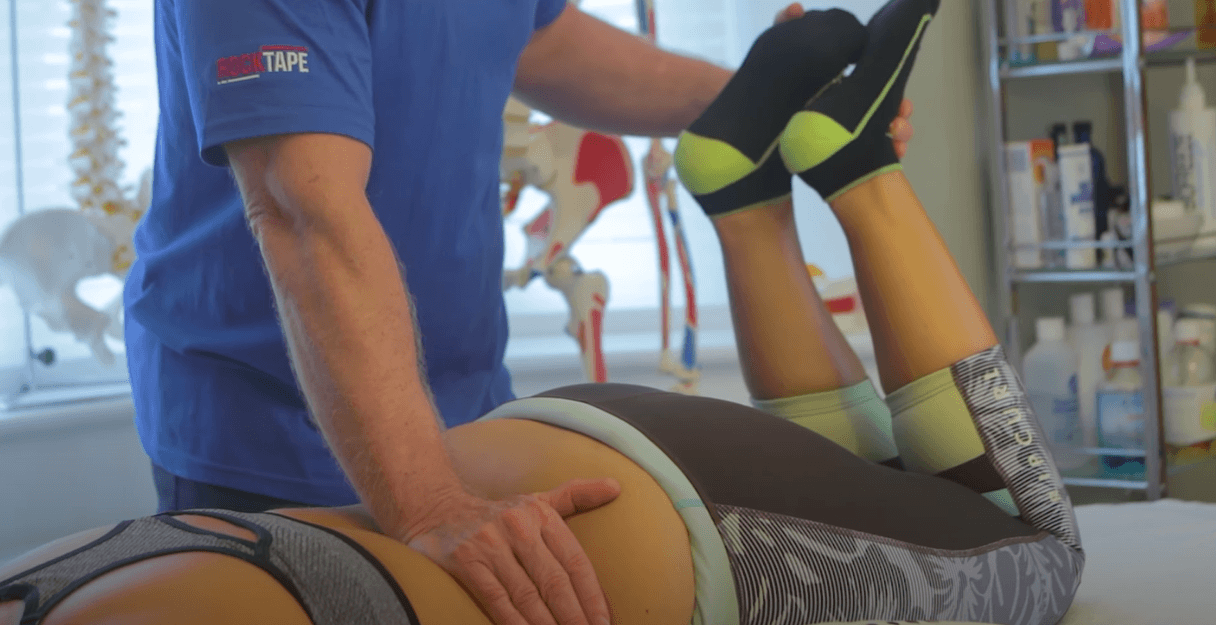
You shouldn’t worry because this article will explain everything about soreness that comes after a massage.
We all have different types of bodies and respond differently to a massage session. There are several ways you can use to relieve pain after the massage. For example, you can apply ice on the areas you feel pain or even apply essential oils.
What Cause Soreness After a Massage?
Anyone can get sore following an activity he/she is not used to. This condition is referred to as acute soreness. Your muscles can ache after an exercise the discomfort may even get worse after a day or two.
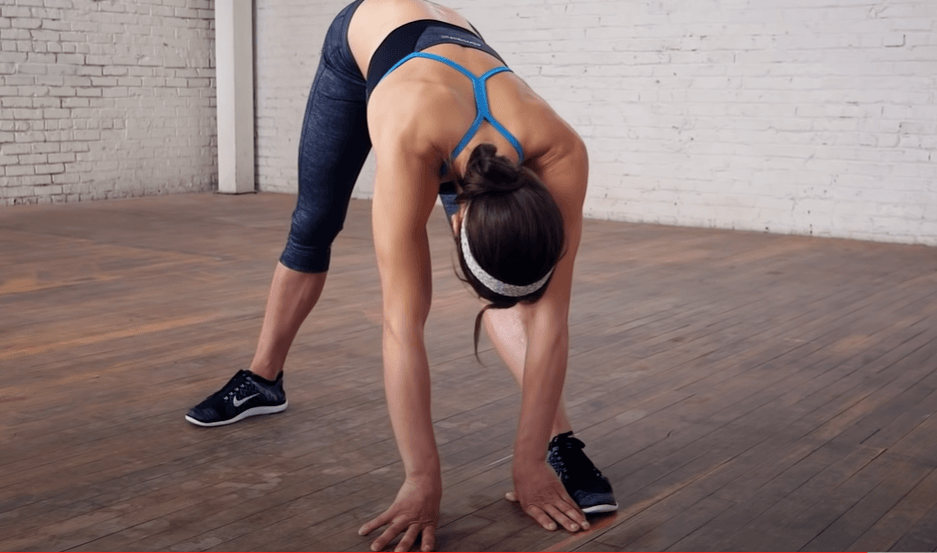
If this is the case, it means your muscles are repairing themselves and are getting stronger. Muscle pain may improve quickly or can even last for a few days.
Muscle soreness is often caused by stress put on your muscles when you exercise including getting a massage. It’s commonly referred to as delayed onset muscle soreness and that’s normal. (1)
Delayed onset muscle soreness normally starts six to eight hours after a change in activity or a new activity and can last for a day or so. Soreness occurs due to microscopic damage to your muscle fibers.
Soreness is caused by micro-tears in the muscle fibers resulting in inflammation. Inflammation occurs due to the release of toxic substances into your body known as cytokines.
Massaging the affected areas has shown to overcome these molecules from being released into your muscles thereby decreasing inflammation. Once inflammation is reduced, the pain should also go away making your muscles less sensitive to touch.
Ways to Relieve Soreness
Drink enough water
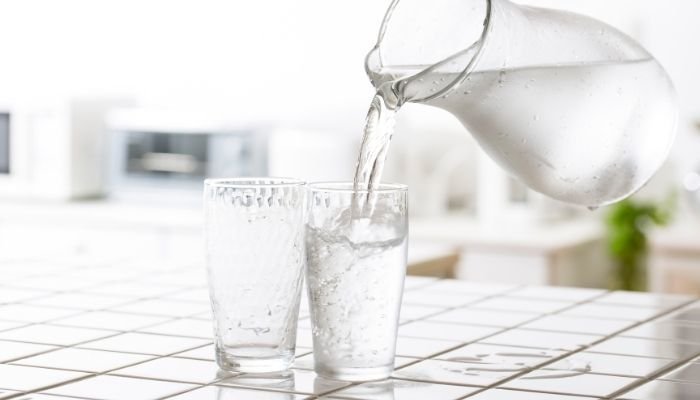
One important thing you should always remember is to keep your body hydrated before and after a massage treatment. Doing so will help remove toxins and other residues from the surface of your body. Try to avoid drinking sugary, caffeinated, and alcoholic drinks. Instead, drink plenty of water along with other healthy drinks like herbal teas, fresh fruit, and vegetable juice.
Warm-up
You should raise your body temperature in order to stimulate relaxation. You can do this by going to the sauna or taking a hot shower. If taking a hot shower in your bathtub, add Epsom salt or baking and let soak for up to half an hour. Alternatively, you can take a hot rice bag or a heating pad and place it on the affected areas for about fifteen minutes.
Apply essential oils
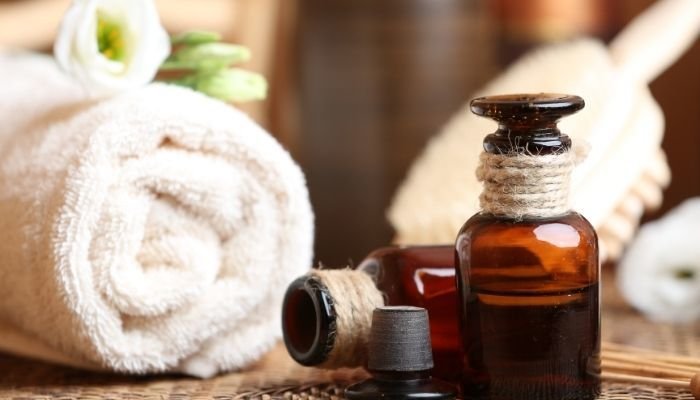
If you didn’t know, essential oils can be used to relieve pain in your muscles. You just need to add a few drops of the essential oil you have to your bathtub. Alternatively, combine the oils you have with a carrier oil to use a compress.
Incorporate herbs in your diet
Herbs are known to reduce inflammation and stimulate the relaxation of the muscles. You can add herbs to your tea or consume them as a capsule. Feel free to ingest any of these herbs; clove, cayenne, garlic, ginger, turmeric, cinnamon, and black pepper.
Rest
Resting can help you relieve soreness as well as help you recharge. Create some free time after the massage to relax. Use a pillow to elevate your legs and then take a nap or listen to your favorite songs.
Cool down your body
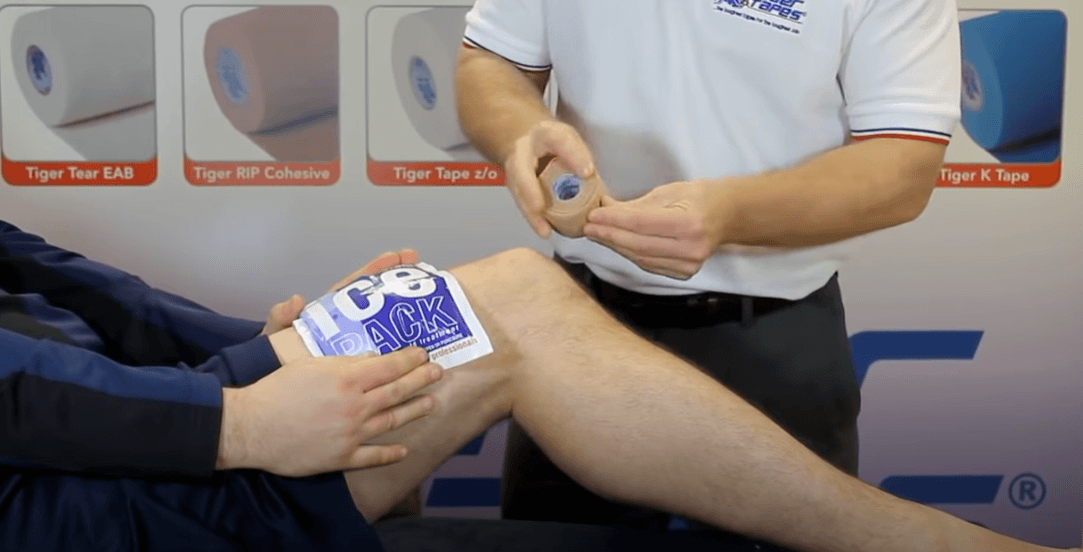
Ice is commonly used by many people including professional athletes to relieve pain. Take an ice pack and place it on the areas that hurt a few times each day.
Alternatively, you can cool down in an ice bath to enhance the flow of blood, reduce soreness, and relieve inflammation. If targeting a small part of your body, add ice in a container and then place it on the affected area.
Stretch gently
After your massage session, you should some gentle stretches to improve blood circulation, improve flexibility, and release muscle tension. Gentle stretches will also give you’re a peace of mind and relieve stress.
FAQ
Is it normal to hurt after a deep tissue massage?
Yes, it’s normal to feel some stiffness or pain after a deep tissue massage. A deep tissue massage isn’t meant for the feint-hearted since this technique invokes some feelings of pain followed by a few days of soreness.
A deep tissue massage carries blood to your muscles while extracting toxins. You may probably experience muscle soreness after a while after stimulating muscles you rarely use. This usually happens if there is accumulation of lactic acid in your muscles or if your muscles are not used to massage.
Besides, if it’s your first time getting a massage or haven’t had it recently, you will most likely feel sore afterward. You will need regular sessions so that your body can get used to massage.
How long will I be sore after a massage?
The feeling of soreness should go away in a day or two no matter how they were acquired. Some people can get worried or upset about the soreness sensations but there is nothing to worry about. This is because getting a deep tissue massage is like getting involved in a tough workout.
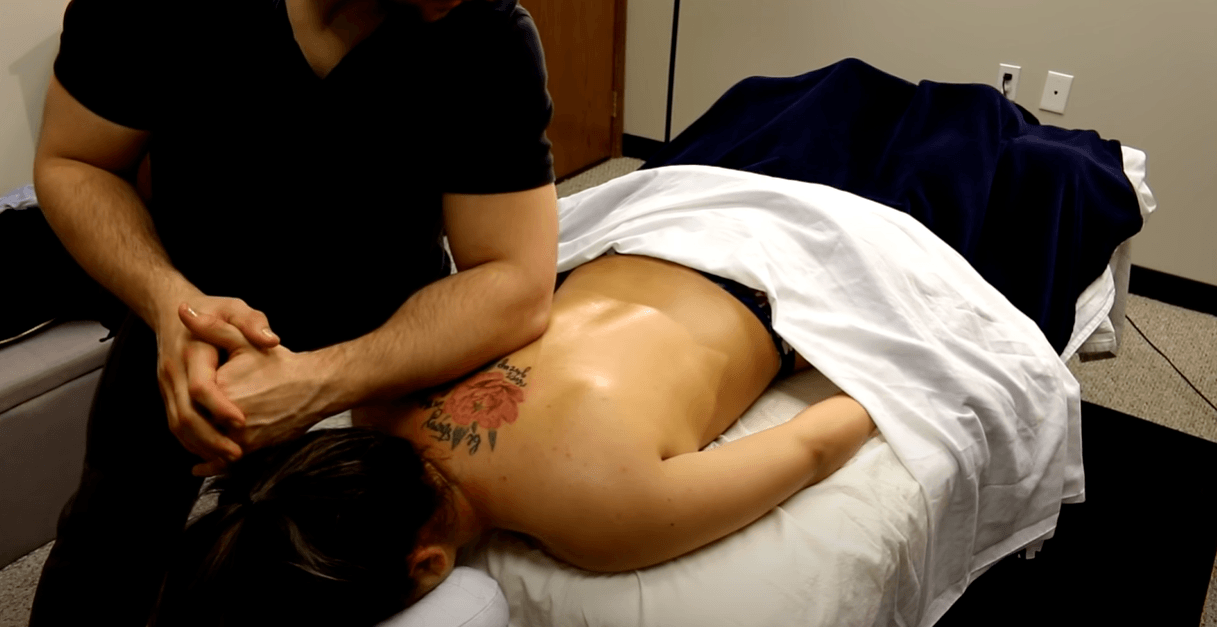
You may experience some stiffness or pain after getting deep tissue massage therapy, but the stiffness should go away within twenty-four hours or so. Massage therapists often recommend placing ice on the affected areas after the massage.
Can massaging sore muscles make it worse?
Massage is a safe therapy that can help you relieve soreness and can even make your muscles become fitter a little bit quicker. Therefore, getting a massage on your sore muscles will not make it worse.
If your muscles are tender, you should go for a Swedish massage because it will stimulate blood circulation by bringing nutrients to the tender areas. Blood and nutrients circulation helps in flushing out toxic waste from your muscles which is the main cause of soreness.

